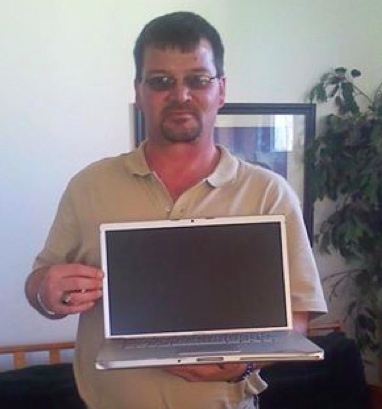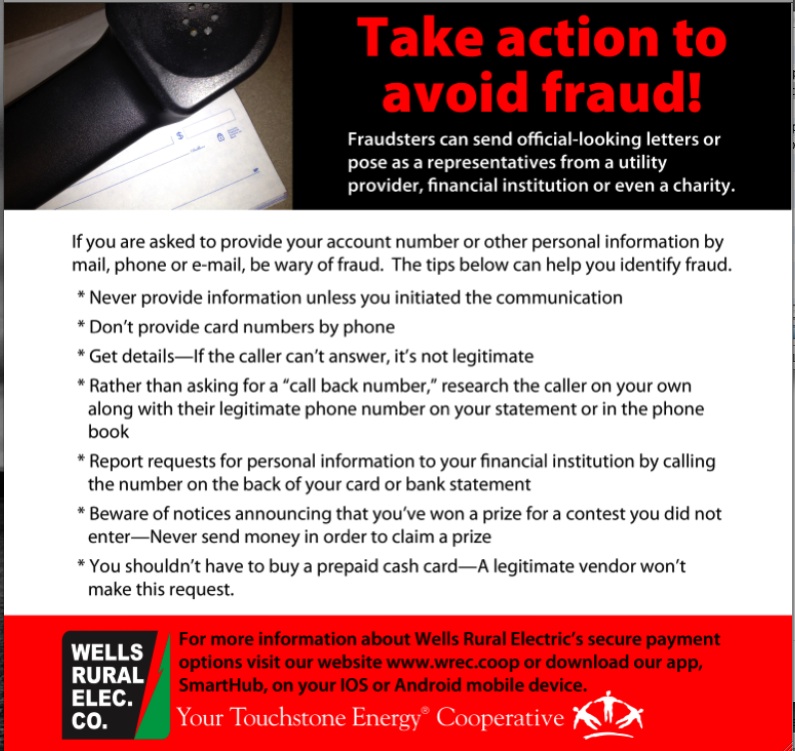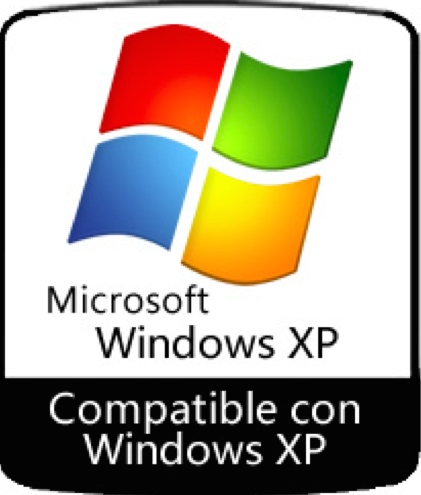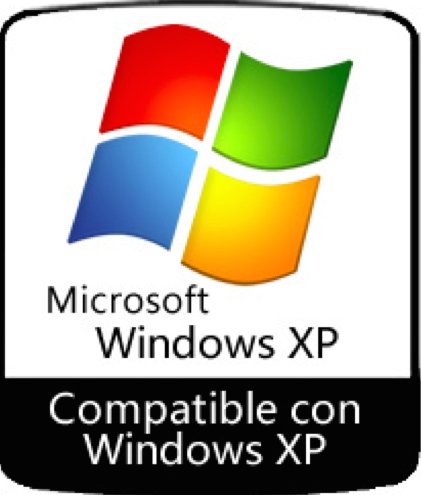There really is no need to panic for computer users running Microsoft’s Windows XP despite the fact the operating system is no longer supported said local computer guru Quin Rice.
“Yes XP is no longer supported by Microsoft,” Rice explained. “But that is no reason to either pay for a costly up grade or costlier still, buy a new computer. Most people can simply down load for free a program called Windows Defender and they will be just fine.”

Released in 2001 Windows XP is the most popular operating system in the world. Almost one-third of PCs on the Internet, some 28%, are still using XP, according to OS watchdog site Net Applications.
And some 44% of businesses are still using it, according to mobile device management company Fiberlink.
According to survey by the High Desert Advocate, Windows XP is still the operating system or one of the systems used by various state and local government agencies and private commercial businesses even after the Tuesday dead line.
Even after Tuesday’s ‘drop dead’ date all XP PCs continued to boot up and operate from And they will continue to do even do that without Microsoft’s official support. The only difference is that Microsoft will not fix bugs, add features, or — most importantly — patch newly found security holes.
However most major bugs have were stamped out in the 13 years since the operating system debuted and few experts see a new plague on XP users being unleashed by evil hackers.
 Most XP computers are at least five years old if not more and the reason they have kept on running the old operating system while four others have been released on the market can be summed up in two words: dependability and cost.
Most XP computers are at least five years old if not more and the reason they have kept on running the old operating system while four others have been released on the market can be summed up in two words: dependability and cost.
As its 13 years in operation attest XP is a work horse while not as flashy as the five newer Microsoft system that followed it gets the job done.
Indeed it was the experience with Windows Vista released seven years after XP that may have caused XP users to keep the old reliable system for 13 years.
Dubbed the worst launch of a new product since the New Coke, Vista was costly cumbersome and what was worse for many small businesses and private user it was often not compatible with peripherals like printers and scanners.
 Users were often faced with the decision to either return to XP or spend hundreds if not thousands of dollars on new equipment they had not budgeted for.
Users were often faced with the decision to either return to XP or spend hundreds if not thousands of dollars on new equipment they had not budgeted for.
Many if not most returned to XP and have not budged since.
The fact that XP has lasted so long and has so many satisfied user also indicates an interesting trend in consumer electronics— durability.
 In the beginning of the computer revolution a machine was almost obsolete the moment it left the store.
In the beginning of the computer revolution a machine was almost obsolete the moment it left the store.
Software and hardware upgrades were necessary just to stay in business.
But shortly after the turn of the millennium computer users began to notice that while near machines still carried with them a certain cachet older computers could still do the work they were required to do.
The times between major upgrades to systems even the largest ones grew longer and longer and computer manufactures saw order decline until last year when new computer purchases were eclipsed by tablets, smart phones and other mobile devices.
Because they are portable however an iPad or and Android will not be found running a sewer treatment plant or a police dispatch center. That job was left to the old reliable PC running XP.
 And while the program is now no longer getting support from Microsoft, according to Rice those machines still have a few good years left.
And while the program is now no longer getting support from Microsoft, according to Rice those machines still have a few good years left.
“If your PC does everything you want it to do, if you have no complaints I would not change it out,” he added. “ We can keep it running and we can keep it secure at a fraction of the cost of a new operating system or a new computer.”

